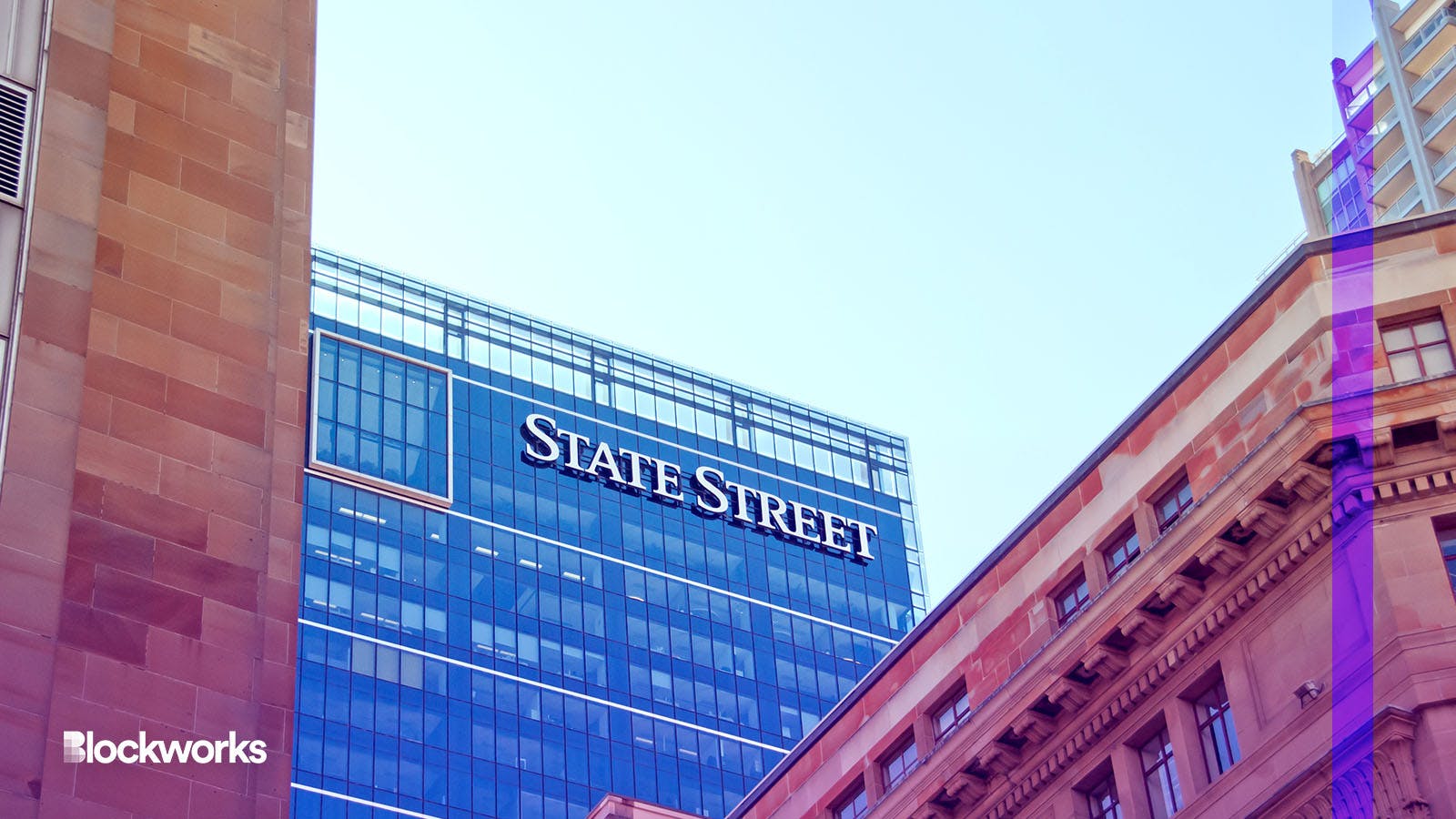State Street and BlackRock Boost Silvergate Stake. What Is the Stock Doing?
World’s largest asset manager owned 7.2% stake in crypto bank, while one of the largest custody banks owns even more of the stock

Shutterstock / EyeofPaul, modified by Blockworks
Silvergate’s stock inched higher early Friday as two of the world’s largest financial institutions have revealed growing stakes in the crypto bank in recent days.
State Street owned 9.32% of Silvergate stock as of Dec. 31, according to a Thursday filing.
The filing came a few days after a separate disclosure showed that BlackRock, the world’s largest asset manager, upped its Silvergate stake to 7.2%.
Most of BlackRock’s position in the crypto bank is spread across a number of the fund manager’s ETFs, reflecting investor demand for exposure to indexes that comprise Silvergate.
BlackRock has roughly $10 trillion assets under management, while State Street manages about $3.5 trillion. The latter company also had nearly $37 trillion in assets under custody and administration at the end of 2022.
Spokespeople for BlackRock and State Street declined to comment.
Silvergate stock was up nearly 2% on the day at 10:30 am ET Friday. Though down about 80% from a year ago, the stock is up about 20% so far in 2023.
Bloomberg reported Thursday that prosecutors in the US Justice Department’s fraud unit are investigating Sivergate’s dealings with bankrupt crypto exchange FTX and affiliate Alameda Research.
Silvergate CEO Alan Lane previously described the bank’s due diligence process on FTX and Alameda in a December letter.
“When Silvergate received payments directed to Alameda Research and credited it to the account of the same name, this was consistent with the instructions from the sender of the wire and industry practice,” Lane said at the time.
A Silvergate representative declined to comment further.
The Bloomberg report came a few days after US Sens. Elizabeth Warren (D-Mass.), Roger Marshall (R-Kan.) and John Kennedy (R-La.) reportedly sent a letter to Silvergate asking for details about its risk management practices and ties to FTX — following up on a December inquiry.
Silvergate disclosed last month it was forced to sell assets at a major loss during the fourth quarter to fulfill roughly $8 billion of customer withdrawals.
The crypto bank held $4.3 billion of short-term Federal Home Loan Bank advances, as of Dec. 31, according to a Jan. 5 company filing. This funding was used to satisfy outflows, according to the company.
Get the news in your inbox. Explore Blockworks newsletters:
- The Breakdown: Decoding crypto and the markets. Daily.
- 0xResearch: Alpha in your inbox. Think like an analyst.






